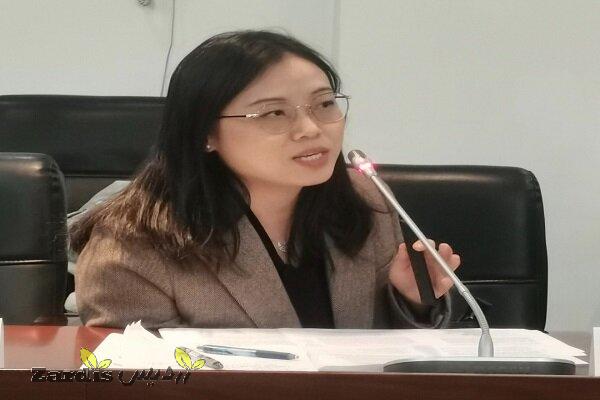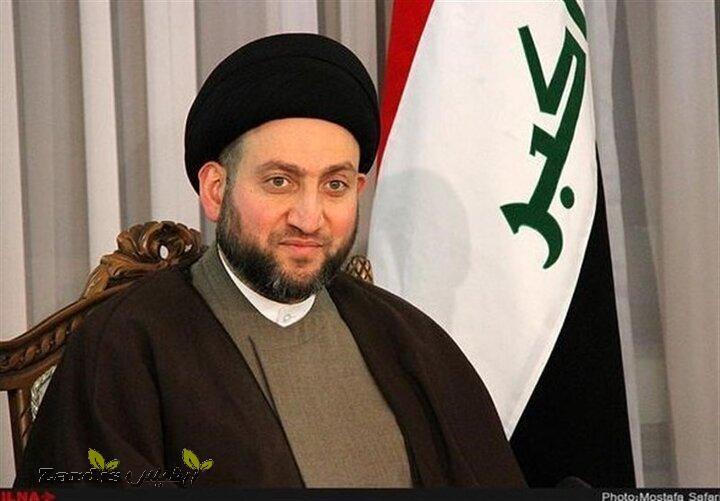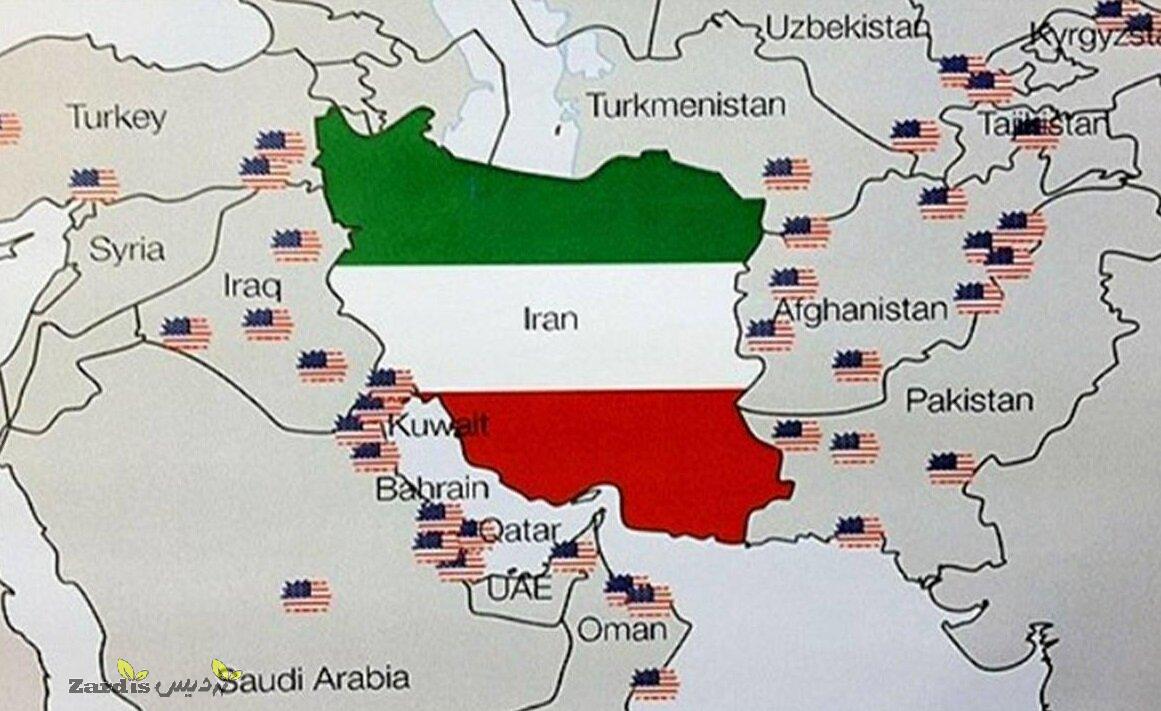Yuan Zhang, a professor at the Middle East Studies Institute at Shanghai International Studies University said in an interview with Mehr News Agency that Iran’s demand for lifting illegal and cruel sanctions is reasonable and inconsistent with the country’s development needs.
According to Zhang, the US, UK, and Australian nuclear submarine deal threaten the Nuclear Non-Proliferation Treaty regime even more than any program by the Islamic Republic of Iran.
She also noted that the news media of the Western powers doubt the salvation of the 2015 Iranian nuclear deal, in order to create a public opinion environment for shifting liabilities for potential failure.
Here is the full text of the interview:
How do you characterize the resumption of Vienna talks? Are you optimistic about the results?
The resumption of Vienna talks on the Iranian nuclear issue is the key to resolving the nuclear situation of Iran. Vienna talks is a crucial opportunity to push JCOPA back on track.
China welcomes the consensus reached between Iranian and the International Atomic Energy Agency (IAEA) on the monitoring of nuclear facilities under the nuclear deal.
Wherever the negotiations in Vienna may lead, and whatever changes happened in the international and regional situation, the strategic, friendly and cooperative relationship between China and Iran will remain unchanged.
If Vienna talks to restore the JCPOA fail, the United States and its allies will offer ‘Alternatives’. But the future of the so-called ‘Alternatives’ is even more unpredictable.
What role has China been playing in promoting process in this round of negotiation?
China is firmly committed to a political and diplomatic settlement on the Iranian nuclear issue.
This year marks the 50th anniversary of the establishment of diplomatic ties between China and Iran, and Iran and China have comprehensive strategic cooperation relations. Although China has no desire to export its development model, it is willing to share its experience in governance, modernization and exploring the road to independent development with Iran.
China resolutely opposes all forms of unilateralism and hegemony, defends the principle of non-interference in internal affairs and upholds international fairness and justice. China welcomes the positive signal released by Iran.
China understands Iran’s reasonable demand for lifting sanctions, supports Iran in safeguarding its legitimate interests, and is pleased to see an agreement reached on salvaging the 2015 nuclear deal in Vienna.
China maintains an objective and impartial position and advocates that all parties should work on maintaining the negotiation process, finding creative solutions, and presenting an atmosphere of negotiation.
Apparently, Iran has taken a constructive and serious stance on the Vienna talks. For instance, it has submitted two draft proposals and reached a new agreement with the IAEA (in which Iran allows IAEA to reinstall cameras at Karaj nuclear facility). However, the US and Western countries still blame Iran for not being serious enough in the negotiation. How do you evaluate the matter?
Iran’s demands that the US should lift all sanctions are reasonable, and hegemonic powers should not be tempted to use pressure to restrict the legitimate demands of other countries, especially to those legitimate interests of improving economic and trade cooperation.
Iran should also continue to promote mutual understanding and interstates trust with regional countries to promote regional peace and stability. Judging from Iran’s positive diplomatic interactions with the UAE and Saudi Arabia in recent years, Iran is indeed making constructive efforts to promote regional peace and stability.
It would be easier to resolve differences between the Atomic Energy Organization of Iran and the International Atomic Energy Agency than to establish effective communication between Iran and the United States.
Iran insists on the removal of all nuclear-related sanctions. Will the US do so? In fact, do you see any real political will in the US to reach an agreement?
Foremost among Iran’s legitimate demands is the requirement for the US to lift all sanctions imposed to repeal the JCPOA. For its part, the US claims that the purpose of the sanctions is to prevent Iran from resuming its nuclear weapons program. The United States in fact holds a double standard on preventing nuclear proliferation. The US, UK, and Australian nuclear submarine deal threaten the Nuclear Non-Proliferation Treaty regime even more. It is the double standard of the United States and its allies that is disrespectful to the international nuclear nonproliferation system.
Unlike the pro-Israel, anti-Iran confrontational Middle East pattern forged by the United States under the Trump administration, the current economic slowdown with the pressure of the epidemic does not make the United States willing to maintain an overly tense regional situation in the Middle East. Offensive hawkishness toward Iran is not in the interest of the US in the long run. But getting the US to actually make substantial concessions and compromises is difficult. The Biden administration’s mixed policy for the Middle East has not given a clear and followable roadmap for solving the issue.
Iran has repeatedly stressed that the cornerstone of this round of negotiation is to lift sanctions against Iran and normalize Iran’s economic and trade activities. How do you evaluate this Iran’s demand?
Iran’s demand for lifting illegal and cruel sanctions is a reasonable demand that is consistent with the country’s development needs. Iran’s demand for the lifting of sanctions is widely understood by the international community. As long as Iran changes the measures it has taken that are inconsistent with its commitments under the Iran nuclear deal, the United States should respond to the UN’s call to lift or eliminate sanctions.
Biden administration says it is not going to guarantee that the US will not withdraw from the possible future agreement like what Trump did. And even some in Washington are threatening to kill any agreement that Biden may reach. How do you assess the US stance and its effect on the talks’ process? How may US domestic competitions ruin any chance of reaching a good nuclear pact?
The economic situation of the United States, the economic statues of the European Union are far from prosperity so that fighting a war of media is more cost-effective than direct confrontation. The news media of the Western powers doubt the salvation of the 2015 Iranian nuclear deal, in order to create a public opinion environment for shifting liabilities for potential failure. There are two confusions in addressing the issue of sanctions: one of the confusions is blurring the nuclear issue and the issue of counterterrorism; the second confusion is blurring the line between fulfilling the nuclear deal and lifting sanctions.
Some Western media outlets have focused their portrayal of the negotiation process on Iran’s assertiveness, leaving room for interpretation in the event of a possible failure of the negotiations. It is the domestic pressure on Biden that has prompted the US to accelerate the negotiation process to fulfill his campaign promises, which probably could contribute to a good result.
Under such fragile circumstances threatening any possible agreement, how constructive role can Europe play? Basically, is Europe independent enough to be able to play a constructive role in securing any possible agreement? Or it will behave inactively as it did after Trump’s withdrawal?
The three European countries participating in the Vienna talks have been relatively united in their position on the Iranian nuclear issue, namely the demands that Iran must agree to fulfill commitments. European countries might be considered as a bridge between Iran and the United States in the negotiations process, and Britain, France and Germany should play an active role in pushing the United States back to the negotiating table.
But the key to determining the negotiations remains in the hands of the United States. European countries trust the current US administration more than the previous one, which means that Europe’s alliance with the US is stronger than in the past and, on the side, European countries are unlikely to have an independent position against U.S. wishes.
- News code 40404
- 291 View
- بدون نظر
Zardis news | The latest news of Iran and the world
تمامی حقوق مطالب برای Zardis news محفوظ است و هرگونه کپی برداری بدون ذکر منبع ممنوع می باشد.
طبق ماده 12 فصل سوم قانون جرائم رایانه ای کپی برداری از قالب و محتوا پیگرد قانونی خواهد داشت.
طراحی و اجرا: سامانه سایت ساز زردیس







